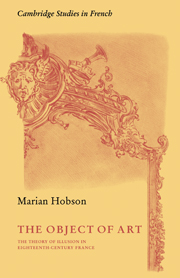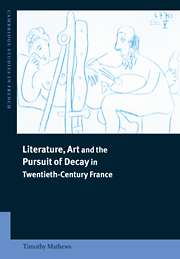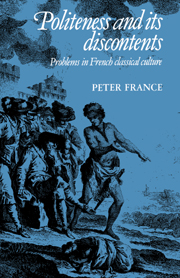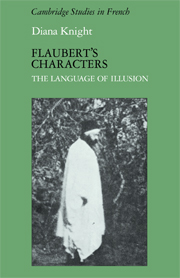The Object of Art
Are works of art imitations? If so, what exactly do they imitate? Should an artist remind his audience that what it is perceiving is in fact artifice, or should he try above all to persuade it to accept the illusion as reality? Questions such as these, which have dominated aesthetic theory since the Greeks, were debated with extraordinary vigour and ingenuity in eighteenth-century France. In this book Dr Hobson analyses these debates, focusing in turn on painting, the novel, drama, poetry and music. In each case she relates theory to contemporary works of art by Watteau, Chardin, Diderot, Beaumarchais, Gluck and many others. She shows that disputes within the theory of each art centred upon the nature of the perceiver's attention. Dr Hobson provides a method of mapping the changes in artistic style which took place as the century advanced. In discussing such conceptual transformations Dr Hobson opens an important perspective for the study of Romanticism and Realism.
Product details
July 2009Paperback
9780521115025
408 pages
216 × 140 × 23 mm
0.51kg
Available
Table of Contents
- General editor's preface
- Foreword
- Introduction
- Part I. Illusion and Art: from the Truth of Imitation to the Imitation of Truth
- Part II. Illusion and Form in the Novel
- Part III. Illusion and the Theatre
- Part IV. Illusion and Theories of Poetry: from Fictions to Forgeries
- Part V. Illusion as subjectivity: Theories of Music
- Conclusion
- Notes
- Bibliography
- Index.








